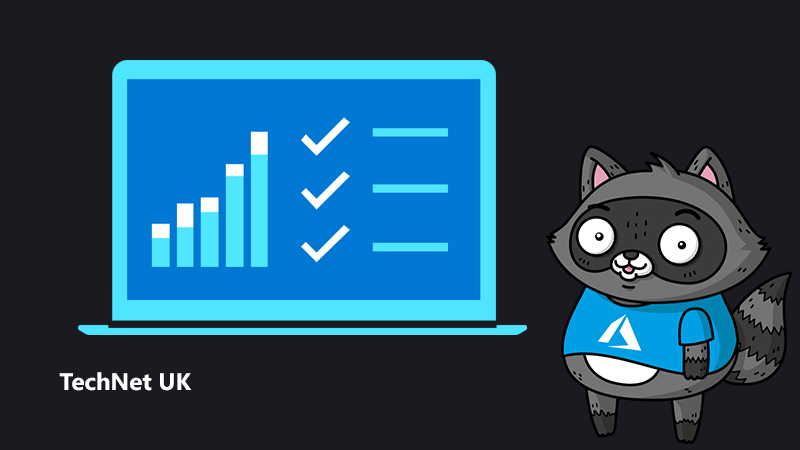
Introducing Azure Kubernetes Service on Azure Stack HCI

As IT Pros, many of us are being challenged to help our businesses modernise. This could be a modernised infrastructure, applications and services, development platforms and more. One technology that has been taking the industry by storm for some time is containers, which for many is seen as one of the key enablers for cloud native development and modernisation. Containers in general may be new to you, but one term I’m sure many of you have heard of is Kubernetes – open-source orchestration software for deploying, managing, and scaling containers.
Kubernetes is huge in the app development world, but as an IT Pro, how do you stay relevant here? Well, for starters, you can learn a great deal with our Kubernetes learning path. Next, it’s important to start working closely with your development teams. Kubernetes is so accessible in the public cloud, through managed services like Azure Kubernetes Service (AKS), that it’s important to bring your IT Pro lens to these Kubernetes deployments – ensuring that workloads are monitored, well governed with policy, and secured, just like you would for your familiar virtual machine-based workloads.
What if your business can’t deploy every containerised workload into the public cloud? Can I run Kubernetes on-premises? Yes, but it’s not easy. Implementing, installing, maintaining and securing Kubernetes on-premises is complex. With AKS in Azure, you don’t have to worry about those aspects – the managed service takes care of many of those elements for you. But on-premises, can I have the same benefit?
With AKS for Azure Stack HCI, now you can. AKS on Azure Stack HCI, currently in preview, is an on-premises, automated implementation of AKS that allows you to quickly and easily host Linux and Windows containers in your datacenter, and at the same time, integrates with the monitoring, policy and security capabilities in Azure that we discussed earlier. Best of all, you can manage your on-premises Kubernetes clusters, side by side with your native AKS workloads in Azure, through Azure Arc.
You can learn all about AKS on Azure Stack HCI in our documentation, and start playing with the technology in preview, today!
Learn more
- This article was written for the Monthly TechNet UK IT Pro Newsletter – sign up today!
- What is Azure Kubernetes Service on Azure Stack HCI? – Azure Stack Hub | Microsoft Docs
- Sign up to the Azure Kubernetes Service (AKS) on Azure Stack HCI preview




